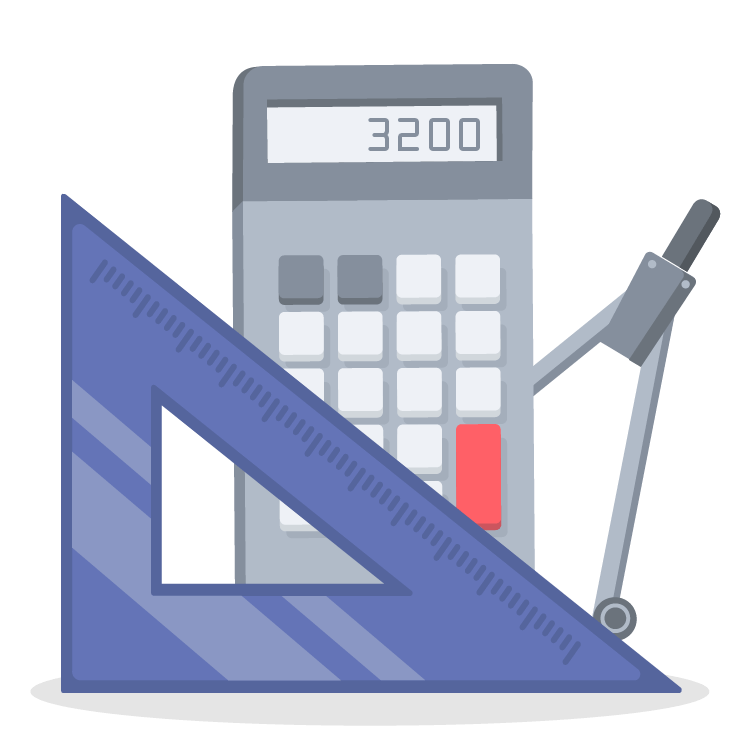
The Most Common Errors Self-Employed People Make When Doing Their Accounting
<p><em>For self-employed individuals, accounting is often an unattractive task. It is a task that requires discipline and rigor. It also gives you a good look at the financial situation of your company.</em></p>
<p><em> In this article, we are going to list the most common errors in accounting for self-employed workers so that you can avoid unpleasant surprises!</em></p>
<p></p>
<h3><strong>Error #1: Not keeping receipts</strong></h3>
<p>Self-employed people often do not keep all receipts for professional expenses. All expenses can be deducted that are reasonable and incurred for a business purpose.</p>
<p>Our advice: Make sure you carefully keep your receipts in categories of expense to stay organized. If in doubt of the eligibility of an expense, keep the receipt!</p>
<p></p>
<h3><strong>Error #2: Contaminating your accounting with personal expenses</strong></h3>
<p>We can't repeat it enough, it's essential to keep all your professional expense receipts and income bills in order to accurately do your accounting. As well, it is important not to attach personal expenses so that you don't misrepresent your accounting. Keep it an accurate representation of the financial situation of the company.</p>
<p>Our advice: If possible, we advise you have a different bank and credit card account for your business. That way, it will be much easier to differentiate professional and personal transactions.</p>
<p></p>
<h3><strong>Mistake #3: Not registering for taxes at the right time</strong></h3>
<p>Registering for GST and QST is optional for self-employed individuals who are considered small suppliers.</p>
<p>However, if total sales exceed $30,000 over four consecutive quarters, even if these quarters fall in different fiscal years, you will have to register. Make sure to charge them as soon as your registration takes effect.</p>
<p>However, if you exceed the $30,000 sales threshold in a single quarter, you will need to register and immediately charge sales taxes that exceed $30,000.</p>
<p>Our advice: With up-to-date accounting, you will be able to predict the right time and register as soon as you see that the limit is quickly approaching. In addition, please also allow time for your registration at Revenu Québec to be processed.</p>
<p></p>
<h3><strong>Error #4: Not forecasting your tax bill</strong></h3>
<p>It is wrong to think that spending more to save taxes is the best strategy. It is important to forecast your tax bill since the income generated by the business is not subject to deductions. It is therefore perfectly normal to pay them at the end of the year.</p>
<p>In addition, the income of the self-employed not only has an impact on taxes, but also on family income, child allowances, parental and retirement benefits.</p>
<p>It is also important to consider the salary deductions that will be added to the amount. Usually, the employee pays their deductions at source from their work pay and the employer also contributes a share for the employee. However, the self-employed individual must pay the employer's portion in addition to the employee's portion.</p>
<p>Our advice: Have a savings account where a percentage of earned income is transferred in order to have the amount available when you receive the notice of assessment.</p>
<p>Tip #2: Schedule a meeting at the end of the year with your accountant to conduct tax simulations to avoid surprises.</p>
<p></p>
<h3><strong>Error #5: Not calculating your car expenses the right way</strong></h3>
<p>When accounting for car expenses, it is wrong to believe that a rate is deducted according to the mileage performed. Instead, the government recommends deducting 100% of expenses from the percentage of use of the vehicle used for business. This rate will change each year depending on usage. It is therefore important to keep track of the mileage carried out personally and on business and to keep all your car expense receipts.</p>
<p></p>
<h3><strong>Error #6: Not correctly calculating office space and home space</strong></h3>
<p>As with vehicle expenses, all receipts for home office expenses must be kept (heating, electricity, home insurance, Internet, telephone, etc.). It is wrong to believe that an estimated portion of rent should be calculated for your business. Instead, the percentage of business space in relation to the total area should be calculated and used to calculate the portion of expenses allocated for the office.</p>
<p>Our advice: Do not hesitate to speak to your accountant for their calculations.</p>
<p></p>
<h3><strong>Mistake #7: Avoid doing business with professionals</strong></h3>
<p>If you have difficulty organizing your accounting, do not hesitate to contact professionals! However, if you do not want to completely delegate your bookkeeping, training or accompaniment is offered by accounting specialists to guide you through the different possible options.</p>
<p>Government websites are also full of useful resources. Here are some helpful links below:</p>
<p><a href="https://www.revenuquebec.ca/en/businesses/">Revenu Québec — Business Services</a></p>
<p><a href="https://www.canada.ca/en/services/business.html">Canada Revenue Agency—Business Services</a></p>
<p>When using the Internet, always make sure that the information you are reading comes from reliable sources and is applicable to the laws of your country and province!</p>
<p>Do not hesitate to visit our Facebook page <a href="http://www.facebook.com/complicecomptable" target="_blank">Complice comptable inc.</a> to learn more about us and our services. We frequently share practical tips!</p>
<p></p>
<p>The Team at Complice comptable inc.- A partner in your success!</p>
<p></p>
<p></p>


